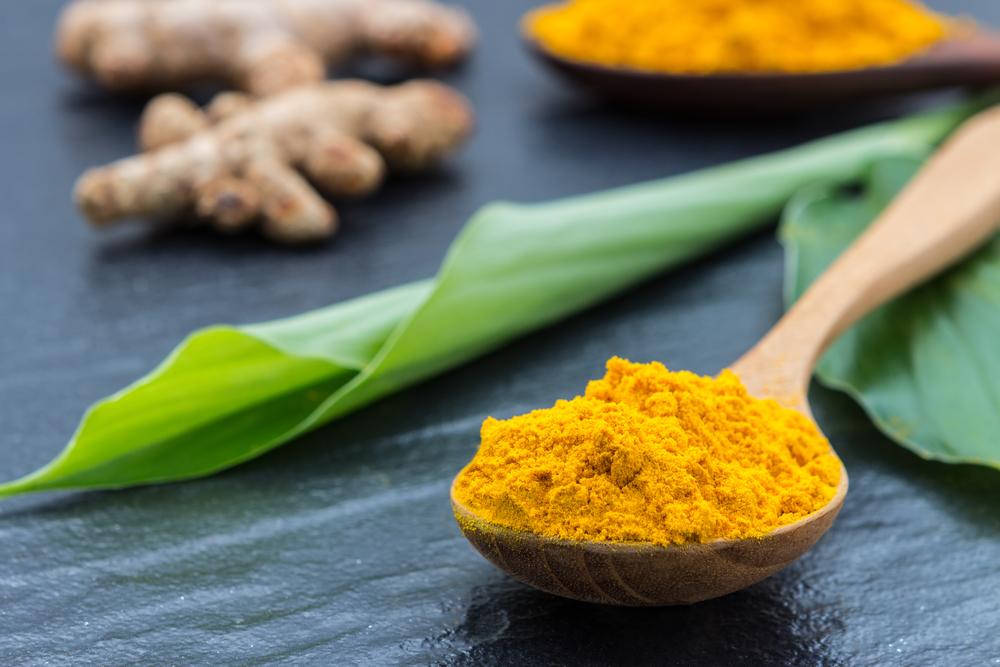
Turmeric Benefits for Psoriasis
Turmeric is renowned for its anti-inflammatory properties among Chinese and Ayurvedic doctors and within the natural health community. However, this pungent yellow spice often used in Indian dishes, has evolved as a powerful remedy for psoriasis due to it’s many antioxidant and anti-inflammatory benefits.
While research on turmeric suggests many claims, this spice is loaded with an active compound, known as curcumin, which has been long used to remedy chronic skin ailments, such as psoriasis. In fact, findings from a clinical trial, published by the Iran Journal of Pharmaceutical Research, noted that plaque psoriasis treated with curcumin was shown to lower rates of redness, thick skin, and scaling compared instances where participants were treated with the placebo.
What is Turmeric?
- Derived from the turmeric plant, it is a spice commonly used in Asian food.
- Loaded with anti-inflammatory, anti-microbial, and antioxidant properties, turmeric plays an integral role in combating many diseases.
- It has long been an important ingredient of various traditional Indian and Chinese medicines.
- A number of health conditions that turmeric aids include psoriasis, eczema, arthritis, stomach ulcer, indigestion, jaundice, and other liver ailments.
- Turmeric also serves as a great natural remedy for depression, other brain disorders, Crohn’s disease, Alzheimer’s disease, obesity, and various types of cancer.
What is Psoriasis?
Roughly 7.5 million people in the U.S. have psoriasis, which is associated with several other health conditions like type 2 diabetes, heart disease, psoriatic arthritis, and inflammatory bowel disease. This chronic autoimmune disease causes a rapid buildup of skin cells, which, in turn, causes scaling on the skin’s surface. For instance, the normal month-long skin production process typically involves the growth of skin cells deeper in the skin, which eventually rises to the surface and fall. However, for those with psoriasis, the skin cell life-cycle is a sped-up process. As everything happens so quick, skin cells do not get time to fall off, which results in the buildup of skin cells.
Psoriasis scales often look like thick whitish-silver or red patches and they usually develop around elbows, knees, and joints. They can also develop on hands, scalp, face, neck, feet, and less commonly around genitals, nails, and mouth. Psoriasis sufferers may experience inflammation and redness around the scales, which can also sometimes crack and bleed.
What are different types of Psoriasis?
- Plaque psoriasis
The most common type of psoriasis, which causes red and inflamed patches on the skin. Plaque psoriasis patches are found usually on scalp, elbows, and knees.
- Pustular psoriasis
Pustular psoriasis is more common in adults, and causes white, pus-filled blisters and broad patches of red inflamed skin on hands and feet.
- Inverse psoriasis
Appears as red, shiny, and inflamed skin patches in the groin, under armpits or breasts, and around skin folds in the genitals.
- Erythrodermic psoriasis
This severe but very rare type of psoriasis affects large sections of the body at once, and demands immediate medical attention.
- Guttate psoriasis
Guttate psoriasis causes small pink spots and is common in childhood. This type most commonly attacks areas such as the torso, legs, and arms are its common areas.
How does turmeric treat Psoriasis?
- A natural anti-inflammatory agent, turmeric relieves psoriasis inflammation and psoriasis arthritis.
- Accumulation of body wastes (toxins) due to an impaired liver worsens psoriasis and interferes with healing. But turmeric is a natural liver cleansing agent, which helps eliminate toxic waste.
- Obese people are more prone to inflammatory disorders like psoriasis. Turmeric consumption stimulates bile production and promotes weight loss.
- Free radicals in the body are another common cause of inflammatory conditions. Turmeric neutralizes these free radicals and prevents psoriasis and other problems.
- Turmeric is a natural immunity booster, which helps safeguard against an array of inflammatory disorders.
How to use turmeric for treating Psoriasis?
You can use turmeric in the following ways for treating psoriasis:
- Drink turmeric tea.
- Apply turmeric paste directly to affected areas.
- Make turmeric and butter paste and add it to your meals and drinks.
- Take turmeric supplements.
- Prepare a turmeric soap and use it in place of chemical based soaps.


